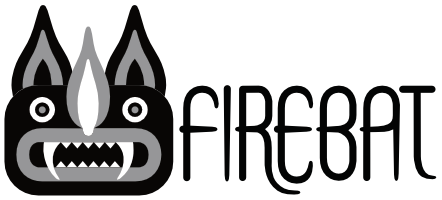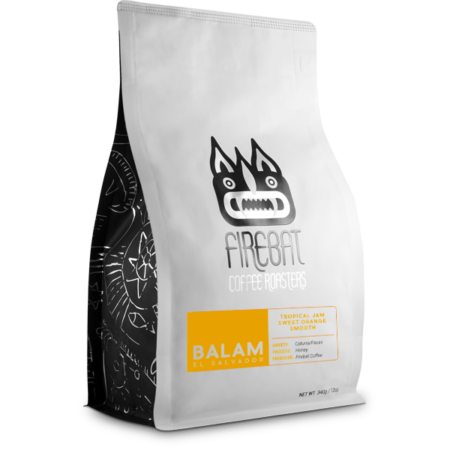Firebat Coffee Roasters started officially roasting coffee in Canada late 2016, inspired by a long process of discovery. Why are some coffees so radically different than others? Why are there so many social and environmental issues connected to growing coffee? Why does it seem that there is always a financial crisis in coffee? Do we know the story behind our morning cup of coffee? Understanding how the coffee industry works can bring clarity to such questions.
Whether you are a coffee enthusiast or a coffee professional, which means your livelihood income comes from coffee, knowing where coffee is grown is not only beneficial but also humbling. There is a massive difference between commercial grade coffee and true specialty coffee. Walking on the thin paths (senderos) in between the coffee trees is where one has the greatest opportunity to answer many questions regarding coffee production. Inside a true shade-grown coffee farm is where one can experience the miracles of the forest. One can feel the cool temperature provided by the shade-trees, hear birds sing. Insects like crickets, and the distant barking and farm animals fill the environment of local people who live in the mountains forming an integral part of coffee life. It is easy to decipher what is right about coffee and what needs to be addressed as well, in order to have great coffees for the future while keeping our land healthy.
El Salvador is a very small country by most standards and up until the 1970s was the 4th largest coffee producing country in the world. El Salvador is slightly larger than Lake Ontario in Canada, with 21,000 square kilometres of rugged terrain with over 20 active volcanoes. The volcanic soil and the mountainous terrain are ideal for coffee growing. El Salvador’s history is extremely rugged as well. From the tyrannical Spanish ruling class of the 16th century, to being forced into the Mexican empire. In recent history during the 1980s it became the terrain for a proxy war between the US and the Soviet Union at the time causing a 12-year long civil war leading to massive deforestation, displacement, migration, and further poverty. Although peace was reached in 1992, decades of corruption followed, and deep rooted social injustice continues to be every day reality for majority of the population. Now more than ever El Salvador is in need to rebuild its future and we strongly believe coffee can be part of the solution and central to the country’s success. Second only to Haiti in terms of deforestation, the last enclave for flora and fauna is the coffee forest as 80% of El Salvador’s remaining forest is associated with coffee production.
Among the different regions, one of the most beautiful mountainous regions of El Salvador is Chalatenango. It borders Honduras to the north and is home to some of the finest coffees that the country has ever produced. Chalatenango is the highest altitude territory of El Salvador and has a cooler climate year-round. Multiple Cup of Excellence winning farms are located in Chalatenango.

Coffee, in its relation to international markets, has been running under a self destructive premise. Only the cheapest will survive. Big conglomerates cash in on the competitive rivalry between the countries that can produce the cheapest (in such view caring for the environment or the people just adds costs), this strategy hurts all countries. Countless industries such as banks, traders and logistic operators have been gradually increasing their take from the coffee business, hurting the farmers as a result. Less and less people want to take the agricultural risk of growing coffee. It requires a long term commitment investing time and money for at least four years, fingers crossed the climate cooperates, before seeing any return. Despite all the challenges, once we were presented with the opportunity to have a small half-planted coffee farm in the Chalatenango region in 2015, we went for it. We absolutely fell in love with the land and its features, it has a very steep slope bordering a natural creek at the bottom of a 60 meters drop from the top. We named the farm Balam, jaguar in Mayan language and the king of the Mesoamerican forest.
Balam was half planted with mostly the pacas variety and some yellow caturra trees. Rodrigo, Firebat co-founder in El Salvador, started applying all his coffee growing knowledge into it. Together we decided to plant elite varieties like SL-28, Gesha, and of course the great Salvadoran creation Pacamara bean.
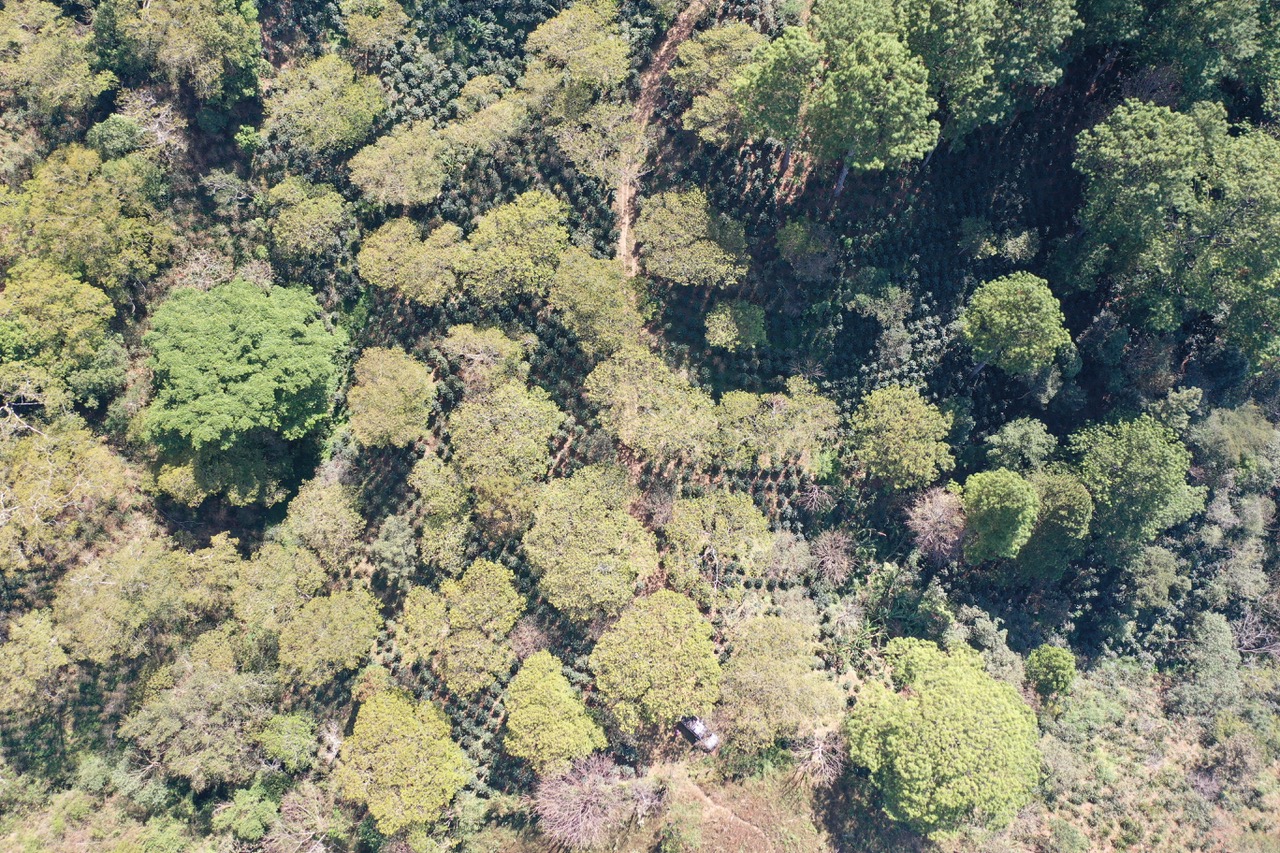
We started with three hectares in 2016 and started to reforest the empty sections with Pacamara and Gesha plants. In 2018 we planted SL-28 and a heirloom Ethiopian variety. By 2018 we expanded a bit to make a total extension to roughly six hectares. Shade protection, soil management and nature preservation are at the heart of this small farm. Balam has mostly pine shade trees, some of them very old, and very steep terrain.
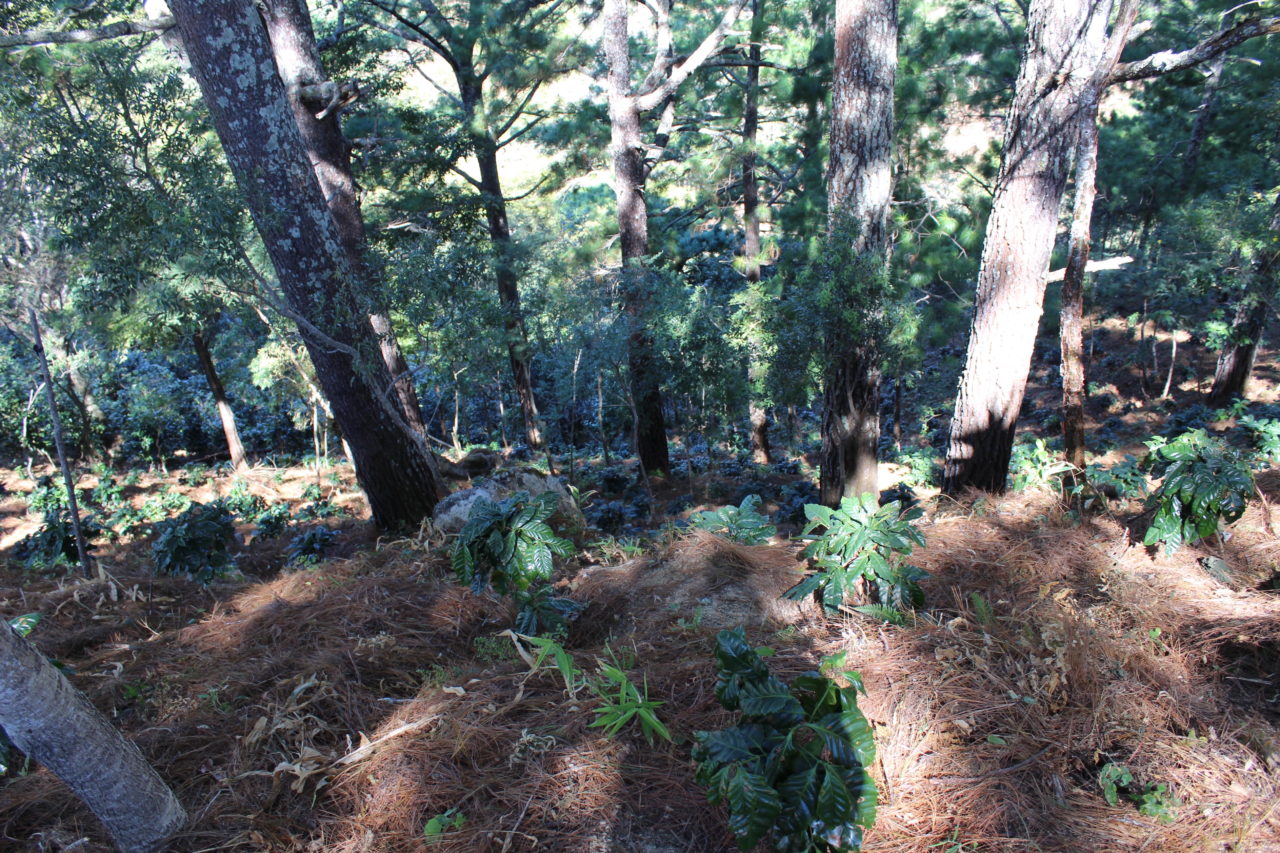
As Balam is located close to our friend and a well known producer, Ignacio “Nacho” Gutierrez, we decided to team up with him for the processing of Balam’s coffee. Not only is Nacho an extremely proficient farmer and multiple Cup of Excellence winner but also the combined volume of his three small farms and Balam helps him to make better use of resources like transportation trucks, pickers, and processing.
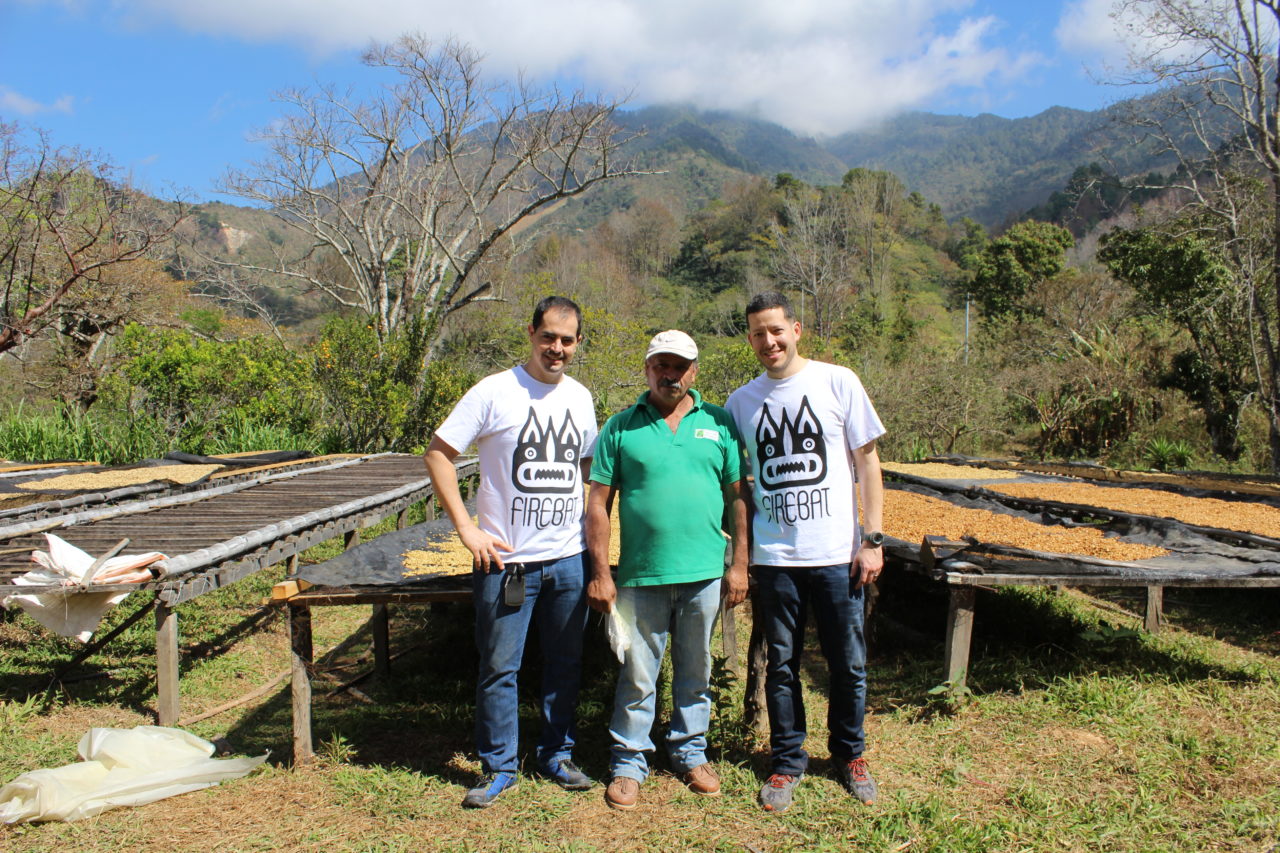
We feel extremely grateful of having the unique opportunity as a roaster to have a farm that not only gives us a live connection to real farming conditions putting empathy in another category, but it also allows us to plant delicate coffee varieties and serves us sort of as a “coffee farming lab” to experiment and test different coffee growing and processing methods for years to come.
Check out our current offering from Balam:
-
BalamFrom$22.00
